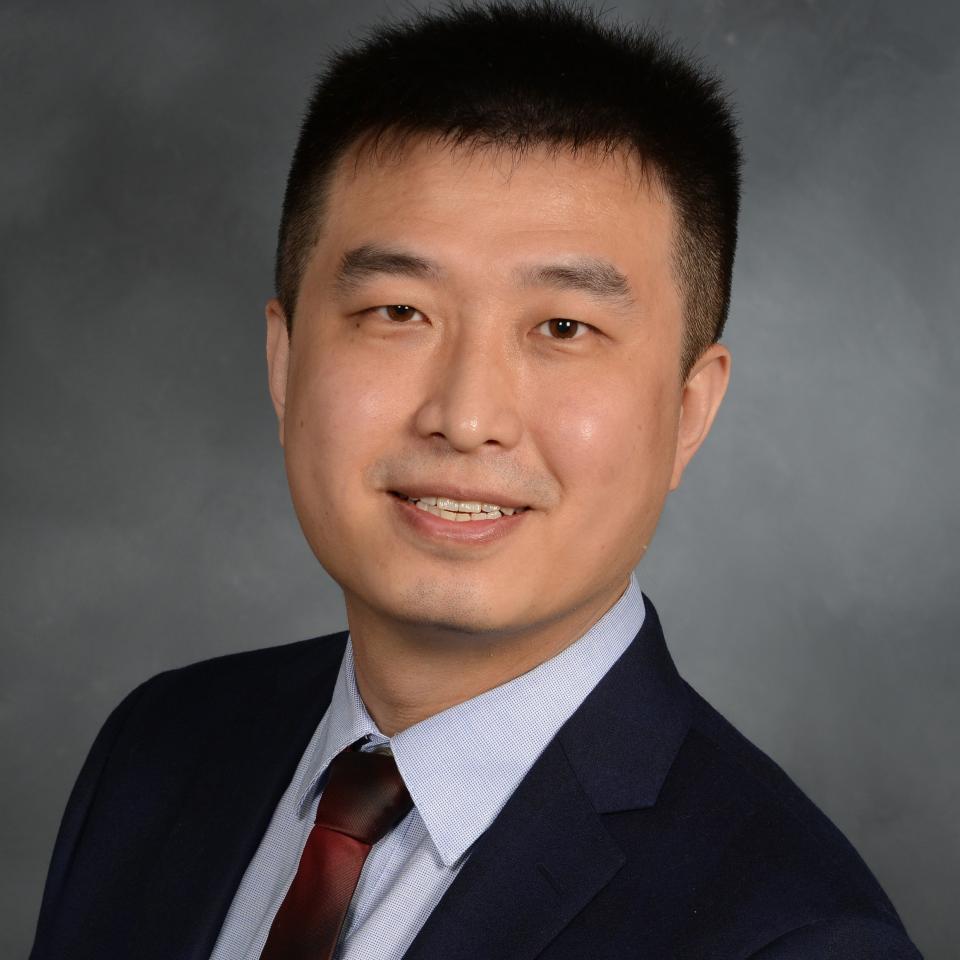

Program - AI Reliable
AI for Reliable and Equitable Evidence Generation in Medicine Workshop
Program
Tuesday, July 9th | 1:45 - 6 pm
Time |
Format |
Topic |
Speakers |
|
10 minutes |
Podium presentation |
Welcome Address |
Linying Zhang |
|
50 Minutes |
Podium presentation |
Opening Keynote |
George Hripcsak |
|
60 minutes |
Research presentation |
Spotlight presentation |
Authors of 4 accepted papers |
|
15 minutes |
Coffee Break |
Connect and collaborate |
N/A |
|
80 minutes |
Podium presentation |
4 Rising Star Presentations on AI in Medicine |
Michael Oberst, Zhiyu Wan, Vicky Tiase, Laura Wiley |
|
20 minutes |
Panel |
Reflection Panel on Real-World Evidence with AI |
George Hripcsak, Scott L. Duvall, David K. Vawdrey, Adam Wilcox, Linying Zhang |
|
20 minutes |
Podium presentation |
Closing Keynote |
Scott L. Duvall |
Spotlight Presentations
Federated Learning of Medical Concepts Embedding using BEHRT - Ofir Ben Shoham and Nadav Rappoport
A Formal Comparison of a Large Language Model Chatbot to Natural Language Processing for Concept Extraction from Medical Text Reports - Adam Wilcox, Trudy Landreth, Joshua Denzer, Patrick Donohue, Navya Bhagat and Matthew Schuelke
Enhancing Early Gestational Diabetes Prediction with Imputation - Leyao Ma, Lin Yang, Yaxin Wang, Jie Hao, Liangkun Ma, Ziyang Wang, Yin Sun and Jiao Li
Evaluating Generative AI’s Ability to Identify Cancer Subtypes in Publicly Available Structured Genetic Datasets - Ethan Hillis, Kriti Bhattarai and Zachary Abrams
Rising Stars




SCIENTIFIC PAPER PROGRAM COMMITTEE

Peter Rijnbeek, PhD

Mattia Prosperi, PhD

Xia Ning, PhD

Yifan Peng, PhD

Xiaoqian Jiang, PhD

Larry Han, PhD

Thomas Reese, PharmD, PhD